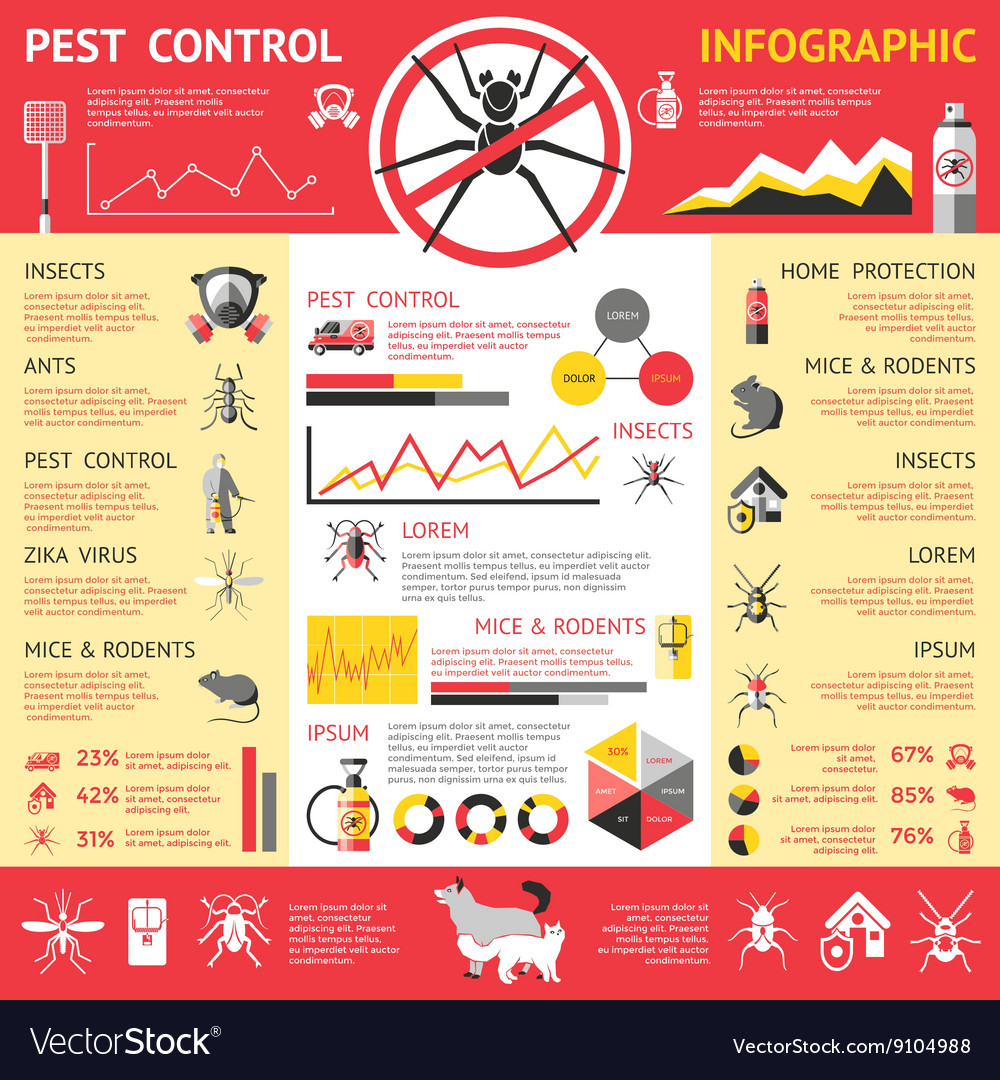Get Ready To Boost Your Yard Into A Place Without Bugs And Insects With These Sophisticated Suggestions And Tricks
Get Ready To Boost Your Yard Into A Place Without Bugs And Insects With These Sophisticated Suggestions And Tricks
Blog Article
Web Content By-Walters Merritt
Picture your yard as a shelter, a place of harmony and appeal. Nevertheless, the visibility of outdoor insects can quickly disrupt this ideal picture. What if there were easy yet effective methods to keep these unwelcome visitors at bay and safeguard your garden oasis? By following a couple of functional ideas and executing natural approaches, you can produce an unified exterior area where your plants can thrive uninterrupted.
Natural Parasite Deterrents
To keep pests away from your yard normally, plant aromatic natural herbs like mint and lavender. These aromatic plants not only include beauty to your garden but also serve as efficient pest deterrents. Bugs like insects, flies, and even some garden-damaging bugs are repelled by the solid aromas discharged by these natural herbs. Simply putting them tactically around your garden can aid produce a natural obstacle versus undesirable insects.
Along with mint and lavender, consider planting other herbs like rosemary, basil, and lemongrass to further boost your garden's pest-proofing capabilities. These herbs not just act as all-natural repellents but also have the added advantage of serving in food preparation or crafting home made solutions.
Strategic Plant Positioning
Consider the layout of your yard and the sorts of plants you have to purposefully position them for maximum pest-proofing performance.
Start by grouping plants with comparable resistance to parasites together. By doing this, you can create a natural barrier that hinders bugs from spreading throughout your garden.
Additionally, placing pest-repelling plants like marigolds, lavender, or mint near more at risk plants can assist secure them. High plants, such as sunflowers or corn, can function as a guard for much shorter plants versus pests like bunnies or ground-dwelling pests.
Bear in mind to leave adequate room between plants to improve air circulation and minimize the risk of illness that pests could lug.
Moreover, consider planting strong-smelling natural herbs like rosemary or basil near prone plants to confuse parasites' detects and make it harder for them to situate their targets.
Efficient Pest Control Approaches
For combating yard pests properly, applying a multi-faceted bug control method is vital. Start by encouraging all-natural predators like birds, ladybugs, and praying mantises to assist maintain insect populations in check. Presenting plants that bring in these helpful pests can help in pest control. Furthermore, exercising good garden hygiene by eliminating particles and weeds where pests may conceal can make your garden less welcoming to undesirable visitors.
Consider utilizing physical barriers such as row cover materials or netting to protect at risk plants from bugs like caterpillars and birds. Using termites in ceiling like neem oil or insecticidal soap can likewise be effective against certain bugs while being less harmful to helpful bugs and the environment. It's vital to rotate your crops each season to stop the build-up of insect populaces that target particular plants.
Routinely check your plants for signs of pest damages so you can do something about it immediately. By incorporating https://www.longislandpress.com/2018/11/28/heres-what-to-do-if-you-find-injured-wildlife/ and remaining alert, you can effectively control garden parasites and enjoy a thriving, pest-free garden.
Final thought
So, there you have it - with the best techniques, you can maintain pesky outside insects far from your yard and help your plants thrive.
Did you know that planting mint has been shown to ward off mosquitoes and other bugs, reducing the requirement for harmful chemicals by as much as 60%?
By incorporating natural deterrents and smart planting strategies, you can create a lovely and pest-resistant garden oasis for you to appreciate.
